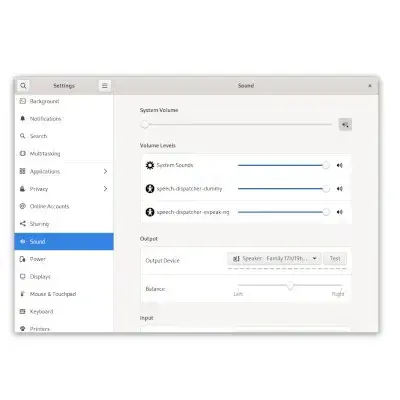

Now you made me go and check the muslim brotherhood situation too to see how much of the “most Muslim countries” statement is true:
according to https://en.wikipedia.org/wiki/Muslim_Brotherhood#Designation_as_a_terrorist_organization
9 muslim countries banned this group.
and according to https://en.wikipedia.org/wiki/Islam_by_country there are 53 muslim countries.
so even the first part is bullshit.










there is so much of an stretch that even trump didnt claim this (though he will later).
they only country that did was UAE which is terrorist supporter regime dictatorship.
"CAIR called the move “shocking and bizarre”, and some international American terrorism analysts were also critical. The Washington Post wrote: “CAIR and the Muslim American Society are not alone in their shock. Diverse groups across Europe were also added to the list, leaving many observers perplexed at the scope and sheer scale of the list”
so you were incorrect for both count.
there are 14 muslim countries in west Asia (or as colonial English called middle east). from that 14 only 5 countries banned that group.
so you are wrong two out of two again.
I love how you say specially MB, as if CAIR is banned by anyone outside of UAE (and now ofc course the racist texas government.)